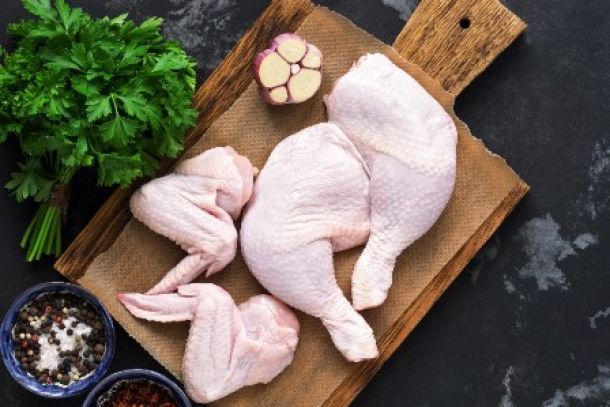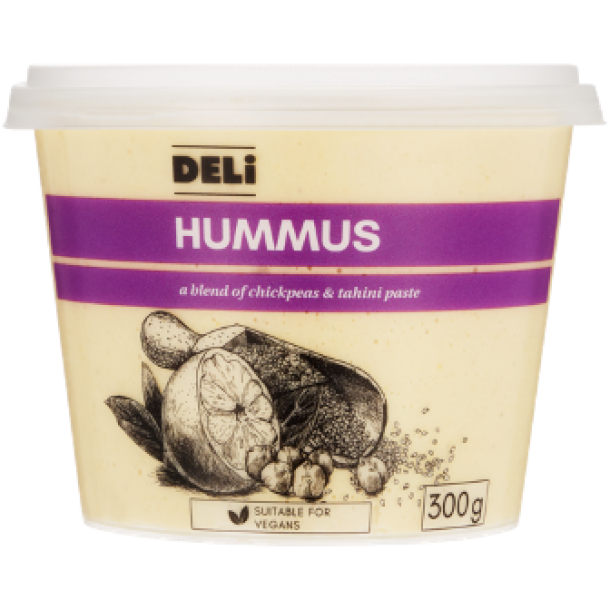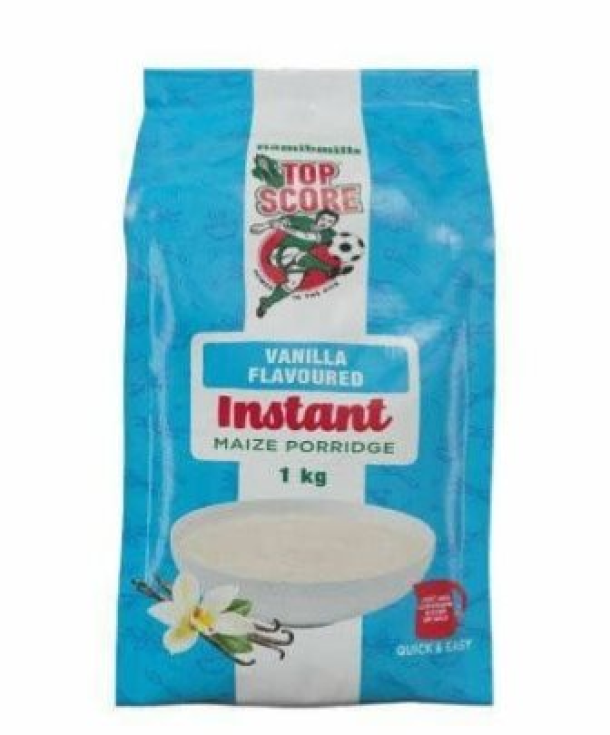Bird flu outbreak poses new threat to SA poultry industry
South Africa’s already fragile poultry industry faces a trade ban after this month’s bird flu outbreak in Mpumalanga. This is the first outbreak ever of the feared Highly Pathogenic Avian Influenza (H5N8) or bird flu in South African chickens.
On Monday night the department confirmed a second case of avian flu in Standerton, after the first outbreak in a broiler breeder site near Villiers last Thursday.
The outbreak poses a great threat to the industry, said Dr Charlotte Nkuna, senior executive at the South African Poultry Association (SAPA), who said South Africa’s trade partners have threatened to ban South African poultry.
However, the Department of Agriculture, Forestry and Fisheries (DAFF) has requested the partners to allow exports from registered compartments. This consists of an option of exporting raw fresh meat, eggs, and live birds in line with the World Organisation for Animal Health.
“It is therefore the decision of the importing country whether to allow the South African compartment establishments to export to them,” she said.
Department spokesperson Bomikazi Molape said South Africa’s export certification demands that the country certify freedom of the disease in the whole republic.
“We are therefore as a result not able to certify that since Thursday last week,” he said.
But he added that South Africa would be able to export meat that has been heat treated, but “again, only if they do not require freedom certification”.
Molape said the exact threat to the industry cannot be estimated at the moment.
“All poultry farmers are at risk, and should take precautionary measures to prevent introduction of the disease to their flocks.
The two affected farms are not directly linked, meaning this is a separate introduction. At the moment wild ducks migrating from Europe are suspected to be the culprits, spreading the flu.
“We are talking about a disease that is transmitted by wild birds,” said Molape. “The birds could have migrated from affected areas, or been in contact with migratory birds from infected areas.”
He said that despite the department calling for poultry owners to improve their biosecurity measures on their farms two weeks ago, commercial farms that are supposed to have good biosecurity have reported outbreaks.
Nkuna also said SAPA is conducting studies to determine links with the outbreaks in other countries.
25 000 birds culled
The Standerton farm was immediately placed under quarantine on Monday. Over 25 000 infected birds would be culled immediately and eggs were also not allowed to leave the farm.
Molapo said the ban of live hens (including roosters) would stand for at least two weeks, to allow the department to assess the extent of the outbreak.
"It takes approximately four days for the infected bird to show clinical signs of the disease. We have put this measure in place to prevent further unintended spread of the influenza."
An outbreak of bird flu was first recorded in Zimbabwe earlier this month and forced the country’s biggest poultry producer, Irvine’s, to cull about 140 000 birds.
Molapo said the virus was H5N8, the same strain as the first case. It is a rapidly spreading viral disease that can infect many types of birds and is highly contagious. But no evidence exists that the strain affects humans.
He said at this point it is impossible to estimate how far the bird flu has spread and that the department can only rely on surveillance over the next couple of days to determine the spread of the disease.
“The virus has the capability to spread quite widely and in a very short space of time. It has a devastating impact where the mortalities in the affected birds are very high,” said Nkuna. It exists naturally in many birds and can be transmitted by coming into contact with infected animals or through ingestion of infected food or water.
The department has also increased its passive surveillance and urged commercial and backyard farmers to report any cases of large numbers of bird deaths to the nearest state vet. This would allow the department to send veterinary officials for a follow-up investigation, and to collect samples.
Nkuna said the poultry association has been working closely with the department to provide information to the communities, communicate the contingency plans in place, and provide expertise.
“The sale of live chickens has been suspended until further notice, “ she said. “We will be working with the department to establish the protocols that will allow producers to continue with their business in a safe manner."
News Category
- International retailers
- On the move
- Awards and achievements
- Legislation
- Wine and liquor
- Africa
- Going green
- Supplier news
- Research tools
- Retailer trading results
- Supply chain
- Innovation and technology
- Economic factors
- Crime and security
- Store Openings
- Marketing and Promotions
- Social Responsibility
- Brand Press Office
Related Articles

Eskort is celebrating 107 years

UK poultry industry as exports to South Africa ...

Playful bubble tea shops launch in selected Che...

Consumer Commission launches investigation into...


